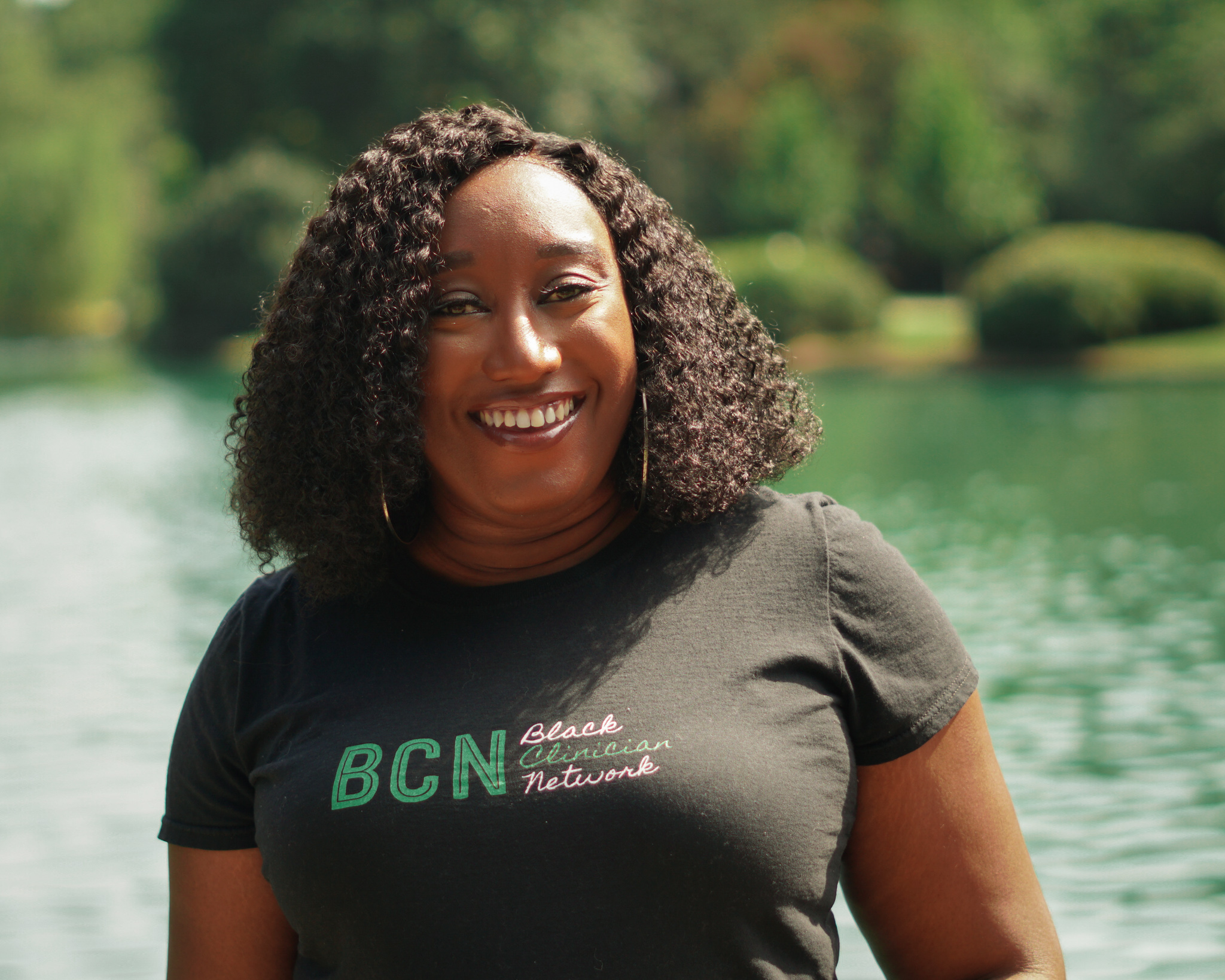Do You Ask For Others’ Input Too Much? - Page 8
Share the post
Share this link via
Or copy link

Source: FG Trade / Getty
It’s wonderful if you have a circle of loved ones whose opinions you trust. Everybody needs their confidantes, especially because when you’re faced with a predicament you need people outside of it to see things clearly and provide valuable input.
Never taking anyone’s input or feedback would be nearsighted and a bit egotistical. That being said, it’s possible to rely on the input of others too much. At the end of the day, the opinions of others should be like the garnishes on top of the entrée, which is your intuition.
Related Stories
Nobody should know what’s best for you more than you do. Relying on someone else to give you the perfect answer when it’s time to choose a job, leave a relationship, move to a new city…that’s an unsustainable business model for your life. Everybody is full of opinions, but not everyone A) really knows your heart or B) has your best interest at heart We spoke with the founder of Black Clinician Network, Karena Curry, about the problems that arise from asking for others’ input too much.

Source: curry has full rights to these images / na
To some degree, it’s normal
Love MadameNoire? Get more! Join the MadameNoire Newsletter
We care about your data. See our privacy policy.
“We all worry about other people’s opinions to a certain degree,” says Curry. “Opinions are instrumental in helping to shape cultural and societal norms. We value the opinions of close friends, family, and trusted colleagues and may solicit them from time to time but how much is too much?” Curry actually provided some very helpful questions to ask yourself, before asking anyone else for input.

Source: Catherine Falls Commercial / Getty
Is this about input or validation?
Curry suggests asking yourself, “Do I actually need this person’s opinion to make a decision, or will it just make me feel better about what I’ve chosen?” Everyone has done that – already been set in a choice (that may or may not be the right one) and sought out others who agree with it, just to feel validated in that choice.

Source: South_agency / Getty
Could you decide on your own, if you had to?
“Do I trust myself to make the best decision possible?” and “Have I become dependent on others to assure me of my decisions?” are two other important questions Curry encourages you to ask yourself, before asking others for feedback. These questions shed light on possibly a third important one: could you confidently make a choice without the input of others?

Source: VioletaStoimenova / Getty
Are you asking them to do your homework?
The final question Curry suggests asking yourself before incorporating feedback from others is, “Am I asking because I’m looking to adopt their opinion as my own?” There can naturally be some danger in this because it’s a form of letting others tell you what to do. And we’ve gone over the dangers of attracting partners who like to do that before.

Source: FG Trade / Getty
It’s about more than just this choice
The concern with always needing the input of others isn’t just that they’ll feed you the wrong answer. Something bigger could be at play, Curry explains. “While asking for the opinions of others is normally harmless, it can indicate some insecurities within yourself. Do you trust yourself to make good decisions? Do you trust your own judgment? Having confidence in yourself is a huge indicator of self-esteem.”

Source: nattrass / Getty
You can give yourself the greenlight
“If you are constantly seeking validation from others, you may need to reflect and lean into doing some self-work to improve in this area,” advises Curry. “Remind yourself that what you want and choose for your life is perfectly fine and acceptable and approval from others isn’t necessary.” Not doing so can have some unfortunate consequences, as Curry explains in the next slide.

Source: pixelfit / Getty
Sliding into codependency
“When you begin to trust others more than you trust yourself, you devalue your independent thoughts and ideas,” says Curry. “You’re essentially telling yourself that your thoughts alone are invalid unless supported by others. This simply isn’t a good way to start training your brain to think because this is how you learn to become co-dependent, and you lose your ability to function and make decisions as an individual.”

Source: SrdjanPav / Getty
Outside input should be supplementary
“While being open to feedback and opinions is a good trait to have, we don’t want to lose our individualism to groupthink. When asking for opinions make sure you have your own core thoughts and opinions first, and utilize other opinions to then make improvements or gain new information,” advises Curry. “Completely conforming to and adopting someone else’s opinion indicates some level of insecurity within yourself and it may need to be addressed more in-depth.”

Source: MilosBataveljic / Getty
Your love life vs your loved ones
“Furthermore, there are some areas that soliciting other people’s opinions may backfire and one major example of that is with romantic relationships,” states Curry. “Oftentimes when we ask for advice in this area, depending on the situation, some people will hold grudges and permanently place temporary situations onto you and/or your partner as personality traits. In this instance, it may be best to seek an actual professional as opposed to family and friends.”

Source: urbazon / Getty
Your opinion is enough, even if it’s “wrong”
Curry brings up the important point that the need for outside input can come from a fear that, when relying on just your own opinion, you may make the “wrong choice.” But, that’s okay, and that’s even possible to do when using the input of others. Mistakes are part of life. “If you feel that you are becoming too dependent upon the opinions of other people, try letting that need for acceptance go. Lean into your opinion being just enough. Don’t be afraid to possibly make mistakes. Embrace and learn from them. The more you practice acting on your own volition, the more confidence you gain in yourself, and that’s priceless.”








